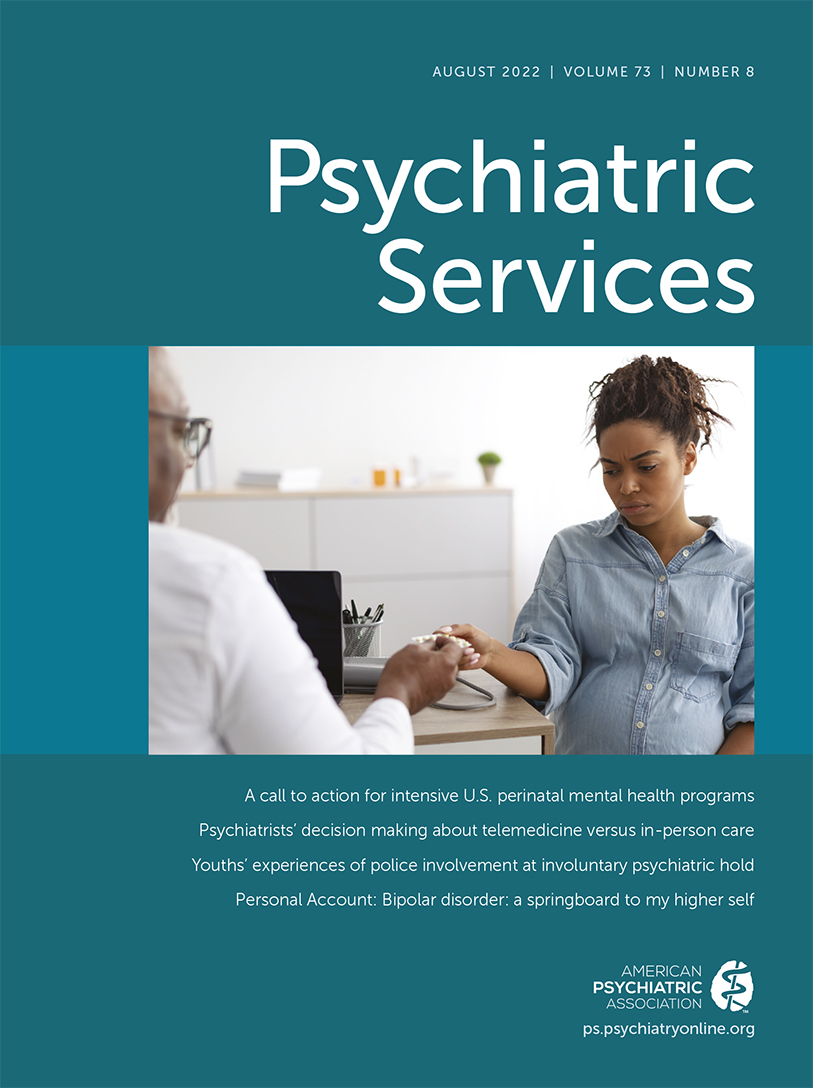A Systematic Review of Interventions Targeting Criminogenic Risk Factors Among Persons With Serious Mental Illness
Abstract
Objective:
Individuals with serious mental illness are overrepresented in the criminal justice system. Research has found that interventions targeting risk factors for recidivism (i.e., criminogenic risks) reduce justice involvement in the general correctional population. However, more needs to be learned regarding use of these interventions among individuals with serious mental illness. To this end, this systematic review synthesized research on interventions that target criminogenic risk factors and are delivered to justice-involved individuals with serious mental illness.
Methods:
A systematic search of six computerized bibliographic databases from inception to 2021 yielded 8,360 potentially relevant studies. Title and abstract screening, full-text reviews, and data extraction were performed independently, and discrepancies were resolved through discussion. To identify additional articles meeting inclusion criteria, experts in the field were contacted, and reference-harvesting techniques were used. Study quality was assessed with the Mixed Methods Appraisal Tool.
Results:
Twenty-one studies were identified that evaluated nine interventions delivered to justice-involved individuals with serious mental illness. All identified programs targeted criminogenic risk factors, were group based, and used cognitive-behavioral strategies. Study quality was moderate to high. Interventions were associated with improvements in recidivism, violence, and criminogenic risk factors.
Conclusions:
This review is the first to evaluate interventions targeting criminogenic risks among justice-involved individuals with serious mental illness. Findings suggest that outcomes associated with these interventions are promising. Given the overrepresentation of persons with serious mental illness in the criminal justice system, these findings provide an important step toward identifying services that curb justice involvement in this population.



